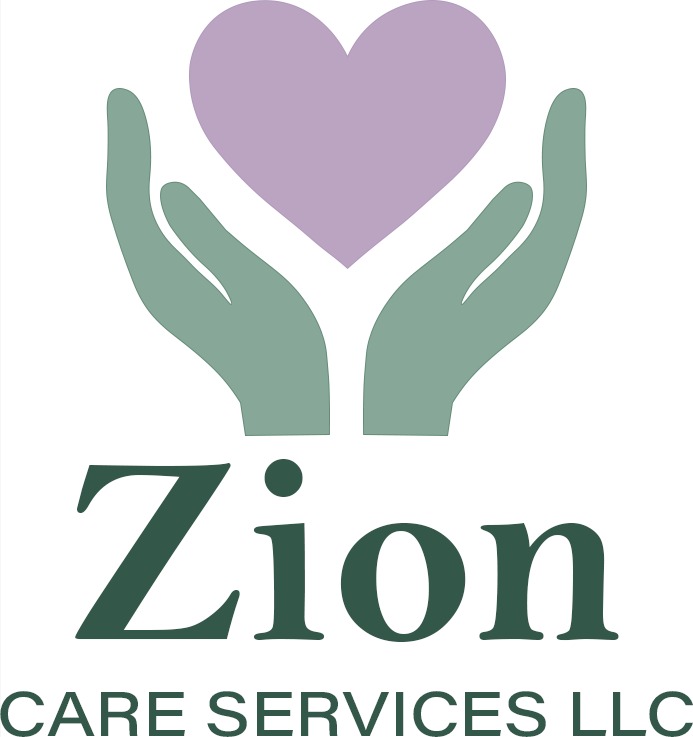
Introduction
When you first hear the word hospice, what comes to mind?
For many, it’s fear. It’s finality. It’s the idea that all medical hope is lost.
But what if that perception is wrong?
What if hospice is actually about hope — not the kind tied to a cure, but the kind that brings peace, comfort, dignity, and connection during a tender chapter of life?
In this article, we’ll explore ten of the most common myths about hospice care and share the truths that can reshape your understanding and help you make the best decision for yourself or someone you love.
Myth 1: Hospice Care Means Giving Up Hope
Truth:
Hospice care is not about giving up — it’s about choosing a different kind of hope. Instead of focusing on curative treatment, hospice focuses on enhancing the quality of life for the time that remains.
Hope, in the hospice context, looks like:
-
Holding hands without pain.
-
Sharing stories and laughter with family.
-
Making peace with life’s journey.
Hospice doesn’t remove hope — it shifts it to what matters most: comfort, connection, and meaning.
Myth 2: Hospice Is Only for the Final Days
Truth:
While many families wait until the final week or even days to call hospice, the service is intended for patients expected to live six months or less.
In fact, studies have shown that earlier admission to hospice improves symptom control, emotional well-being, and even longevity. Families often say, “We wish we had called sooner.”
When introduced early, hospice gives patients and families:
-
More time with trained support.
-
A smoother transition emotionally and medically.
-
A chance to truly live, not just survive.
Myth 3: Hospice Is Only for Cancer Patients
Truth:
Hospice is for any patient with a terminal illness — not just those with cancer. This includes conditions like:
-
Heart failure
-
Kidney disease
-
Chronic obstructive pulmonary disease (COPD)
-
Stroke
-
Alzheimer’s and advanced dementia
-
Neurological diseases like ALS
If an illness limits life expectancy to six months or less, hospice may be appropriate, regardless of diagnosis.
Myth 4: Hospice Care Can Only Be Received in a Facility
Truth:
About 80% of hospice patients receive care in the place they call home — whether that’s a private residence, a nursing facility, or assisted living.
The goal is to honor the patient’s comfort and dignity in familiar surroundings. Being at home:
-
Reduces anxiety and disorientation.
-
Helps families stay close.
-
Creates space for meaningful moments.
Hospice teams come to you — not the other way around.
Myth 5: You Can’t Keep Your Doctor
Truth:
Choosing hospice doesn’t mean losing your trusted physician. Hospice teams collaborate with your doctor to ensure a coordinated care plan that respects your wishes.
This teamwork ensures:
-
Continuity of care.
-
Open communication.
-
Better symptom management.
Your doctor remains part of your support circle.
Myth 6: Hospice Is Only for the Elderly
Truth:
While many patients are older adults, hospice services are available to people of all ages — including children and young adults with terminal illnesses.
Age doesn’t define eligibility. What matters is:
-
Diagnosis of a terminal illness.
-
Prognosis of six months or less if the illness runs its natural course.
-
A shift in goals from cure to comfort.
Hospice meets every patient — young or old — with compassion, dignity, and individualized care.
Myth 7: Hospice Speeds Up Death
Truth:
One of the most persistent — and painful — myths. Hospice care neither hastens nor delays death. It simply supports the natural process with grace and comfort.
In fact, studies (including one by the Journal of Pain and Symptom Management) found that some patients live longer with hospice care due to better symptom control and reduced stress.
The focus is on:
-
Pain and symptom relief.
-
Emotional and spiritual support.
-
Peace of mind for families.
Hospice doesn’t take life away. It helps restore quality to the life that remains.
Myth 8: Hospice Is Too Expensive
Truth:
Hospice care is widely covered by:
-
Medicare
-
Medicaid
-
Most private insurance plans
For eligible patients, hospice is often available at little or no cost. Coverage typically includes:
-
Medications for pain and symptom relief.
-
Medical equipment (like hospital beds and oxygen).
-
Nursing care, social work, and chaplain services.
At Zion Care LLC, we make sure families understand their benefits and never have to face financial barriers to care.
Myth 9: Families Are Left to Cope Alone
Truth:
Hospice isn’t just for patients — it’s for families, too.
Support includes:
-
Emotional and spiritual counseling.
-
Training in caregiving tasks.
-
Regular check-ins and updates from the hospice team.
-
24/7 on-call availability.
After the patient passes, most hospice programs (including ours) offer bereavement support for up to 13 months, helping families navigate grief with guidance and care.
Myth 10: Once You Start Hospice, You Can’t Stop
Truth:
Hospice is not a one-way street. Patients can:
-
Pause hospice if their condition improves.
-
Resume aggressive treatment if they choose.
-
Re-enroll in hospice later if needed.
There’s no penalty or stigma in choosing — or leaving — hospice. It’s about honoring the patient’s wishes at every stage.
Conclusion
Hospice is not about death. It’s about life — the most meaningful days, weeks, or months of it.
At Zion Care LLC, we believe every family deserves to know the truth about hospice care so they can make decisions based on knowledge and love — not fear.
If you’re considering hospice care, don’t wait. Reach out to our team to learn more about how we can support your journey with compassion, respect, and clarity.













